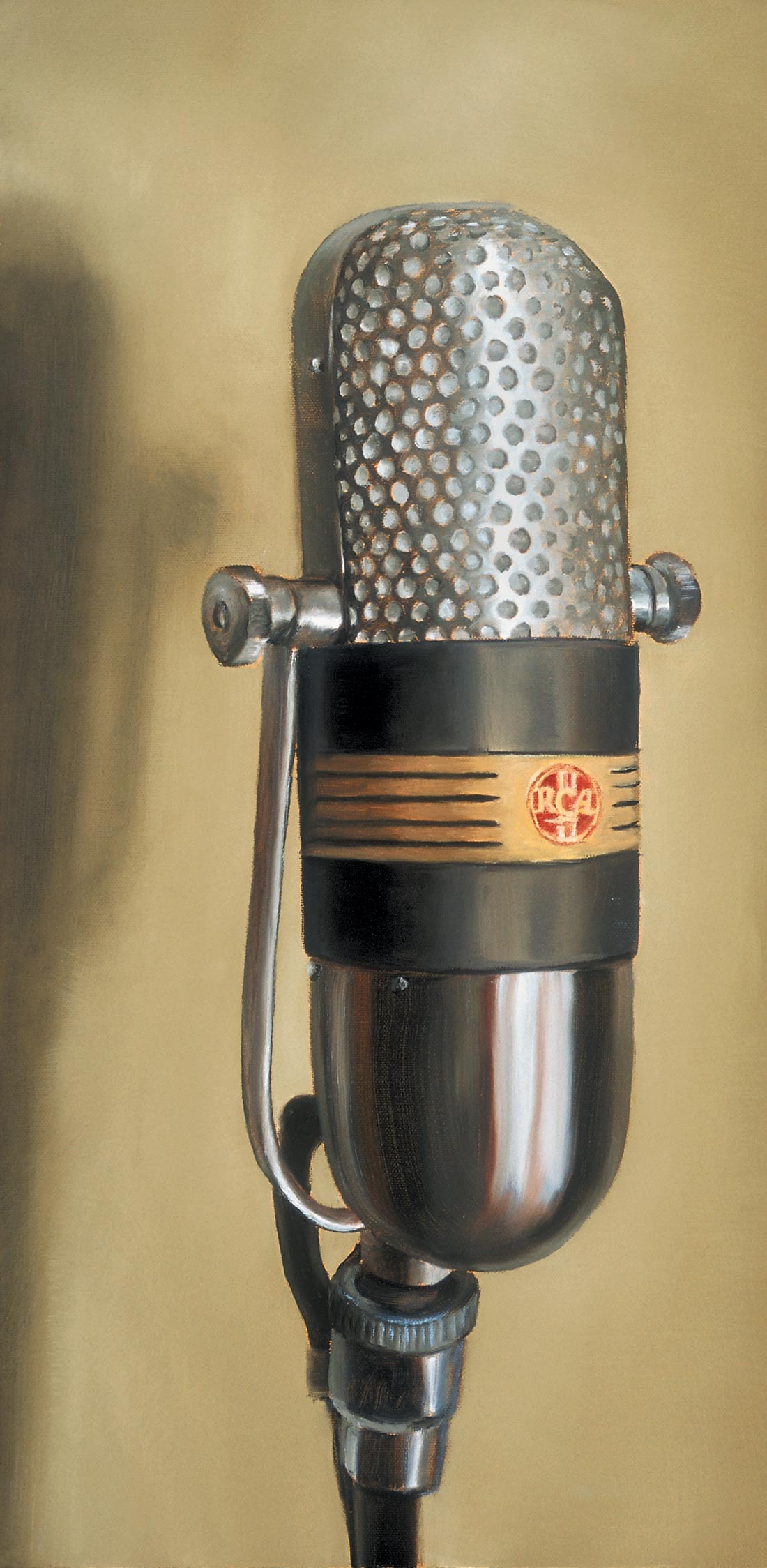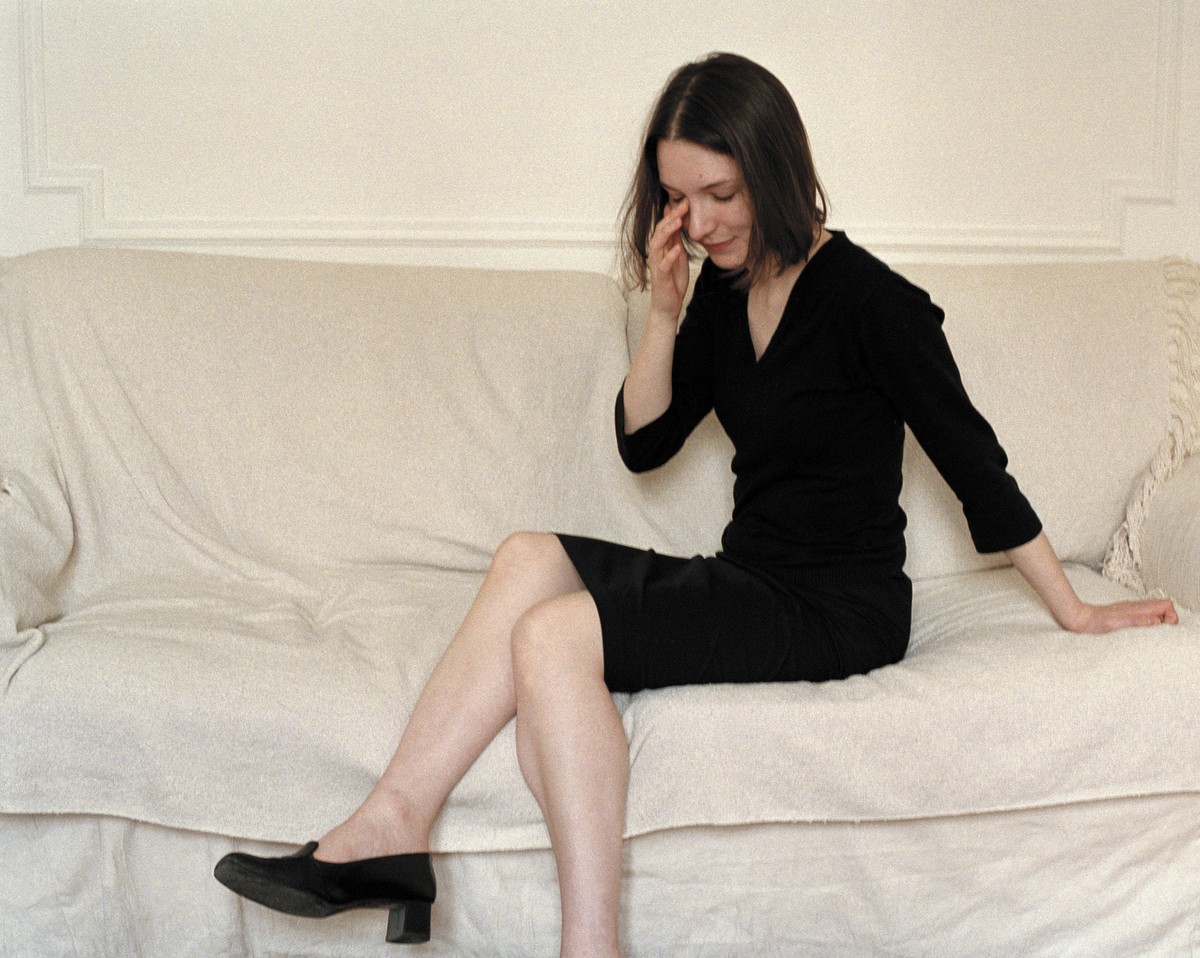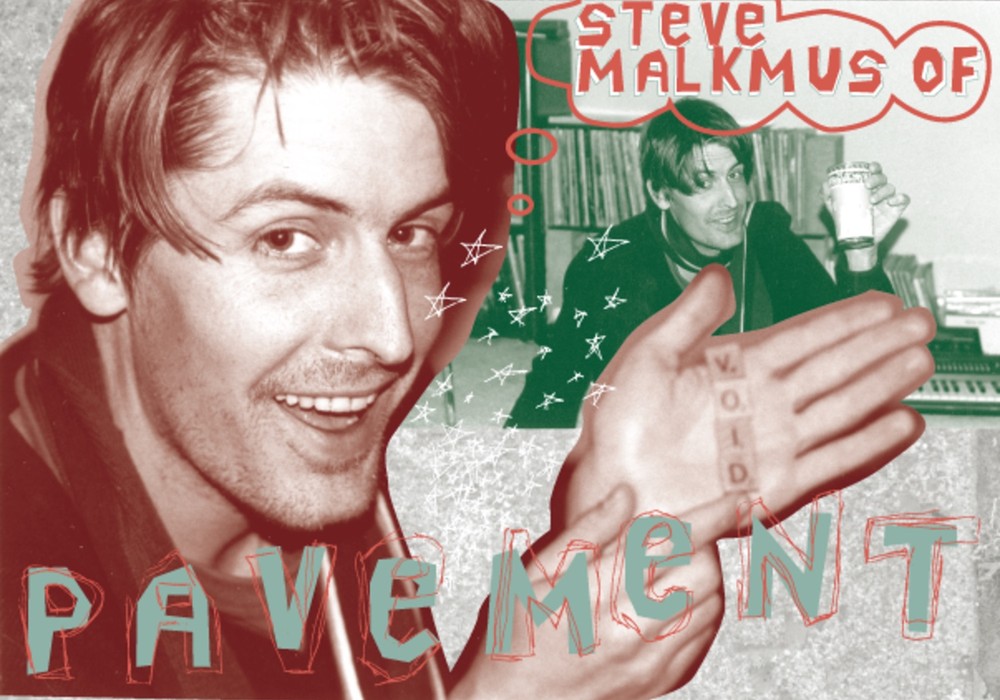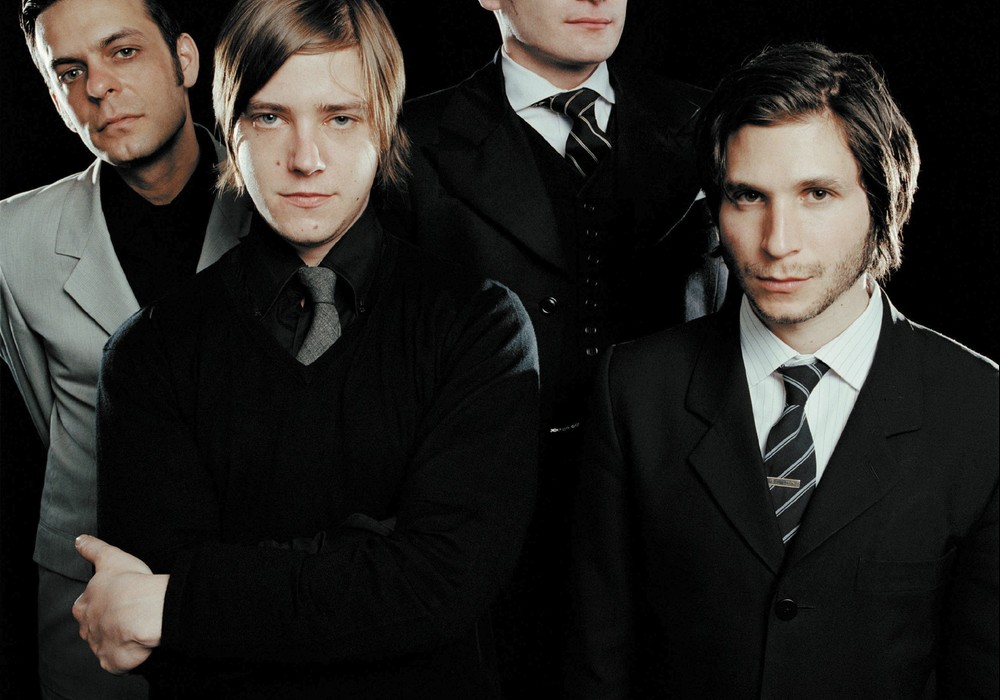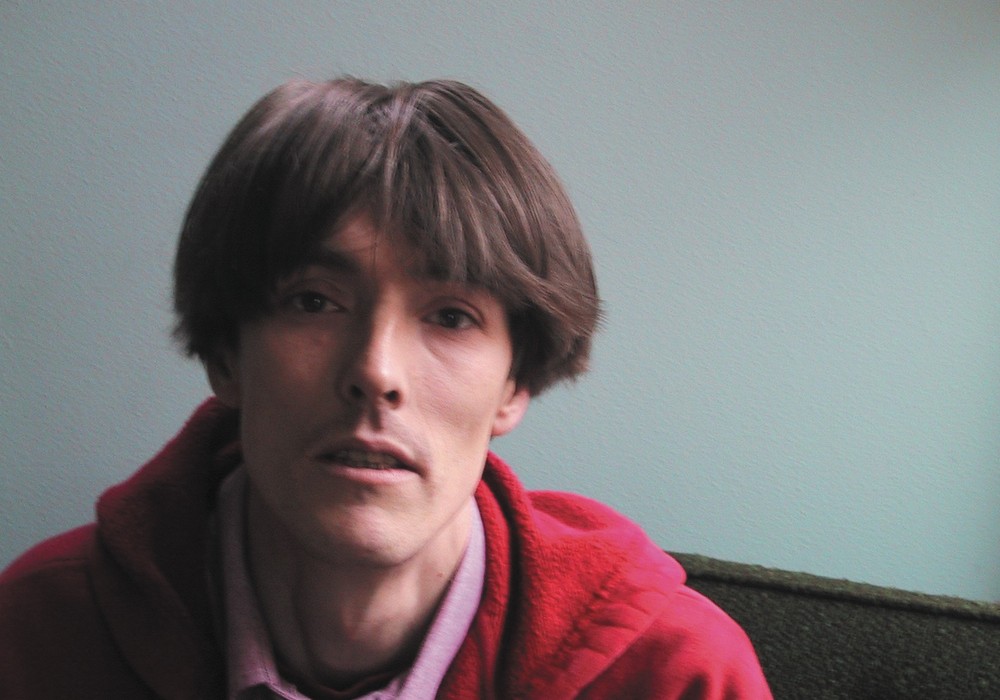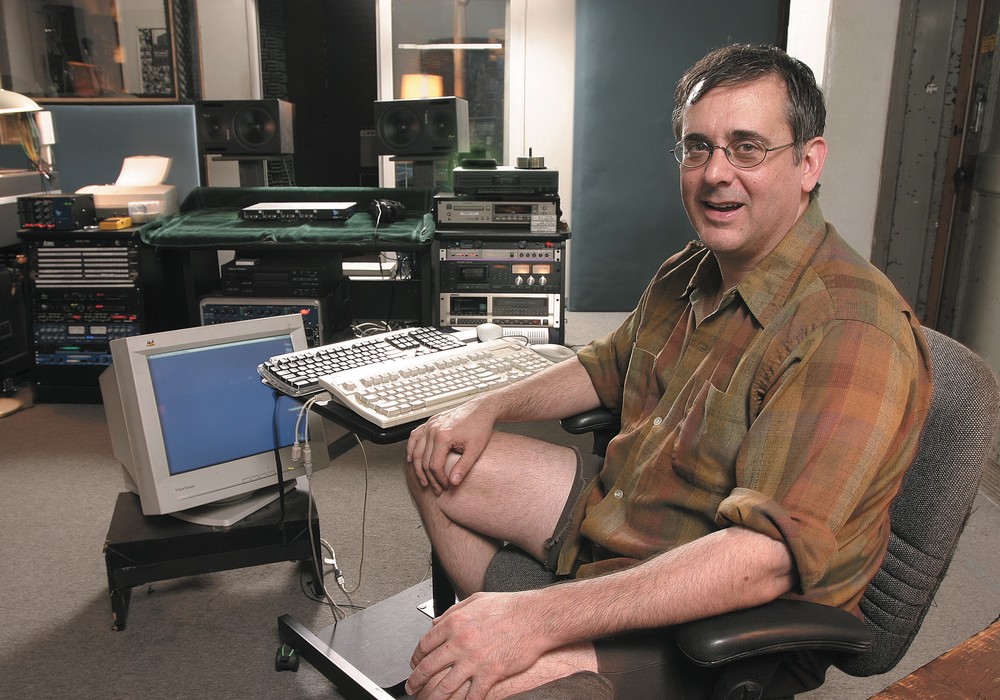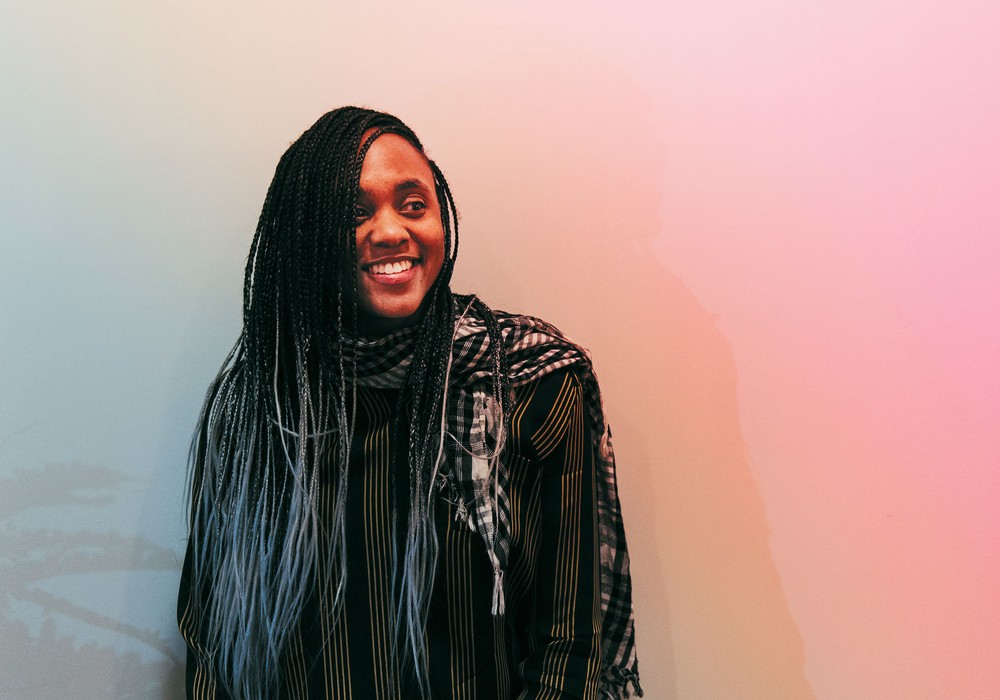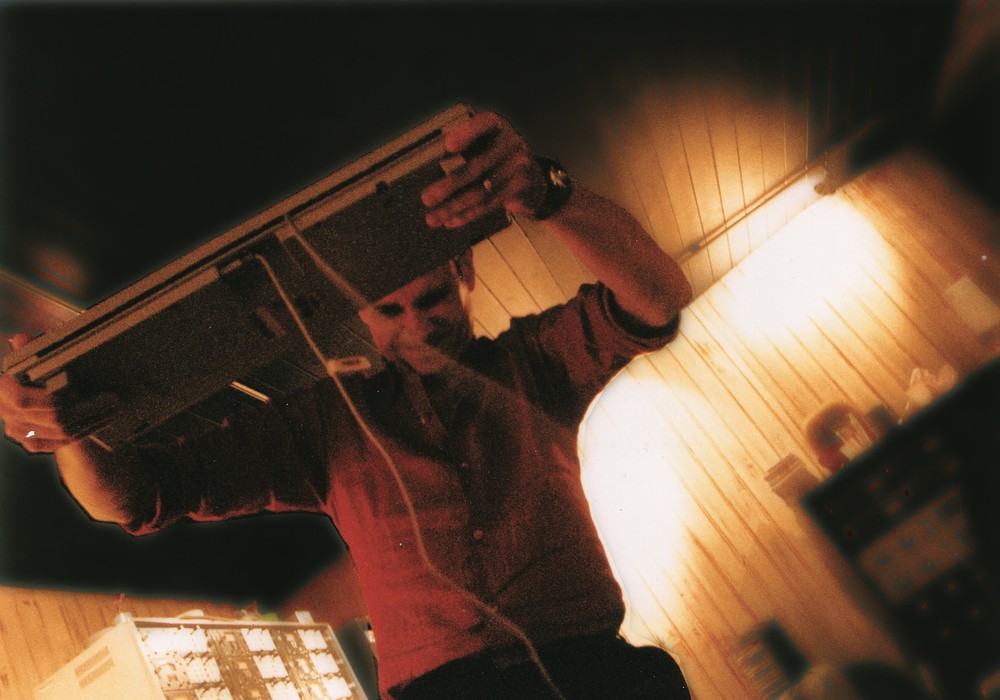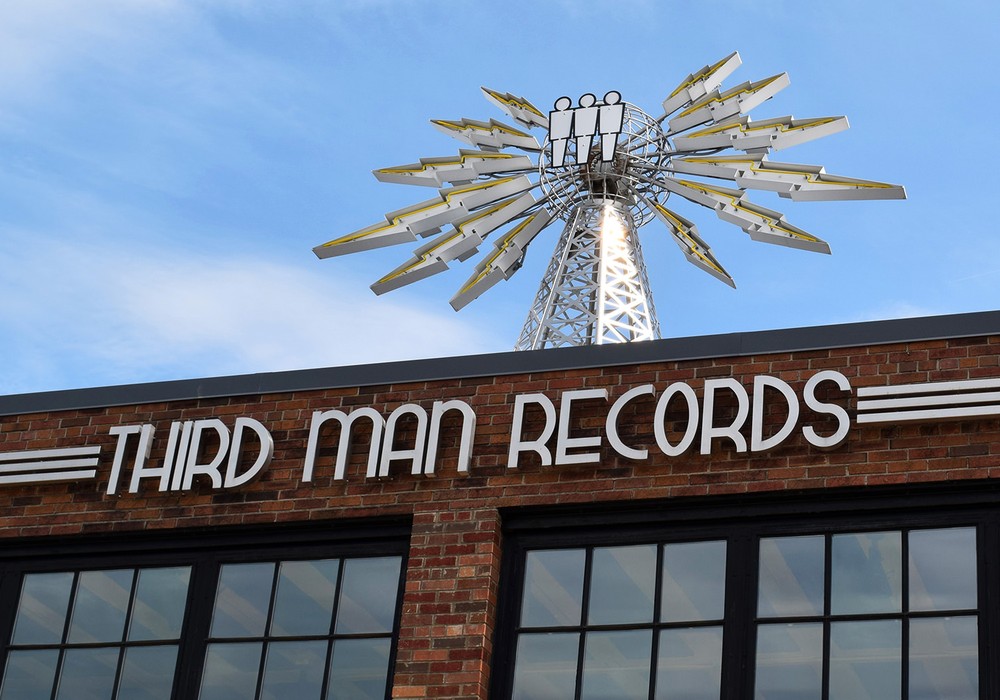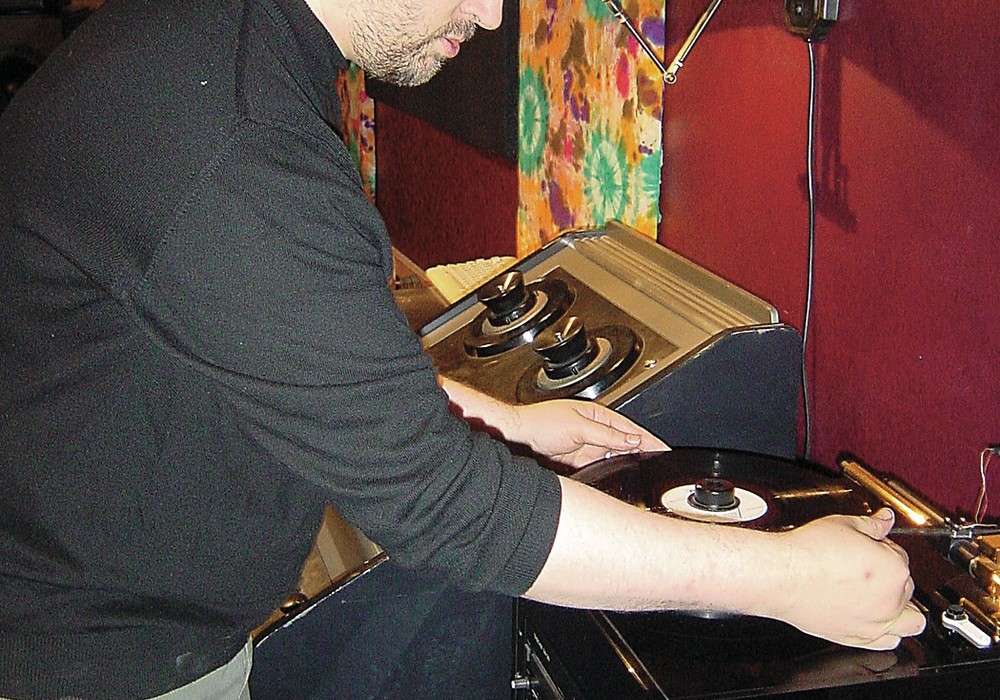Cecile Schott grew up like most of us, in a sleepy suburb where teenage doldrums are fended off in garage bands and carefully arranged mix tapes populated by the Pixies, Sonic Youth and My Bloody Valentine. It doesn't matter so much that her hometown was 100 kilometers south of Paris, because as the familiar story unfolds, the bands split up, life goes on and an investment is made in one of Tape Op's favorite modern marvels: the 4-track.
Although the music Cecile makes today under the name Colleen is constructed on her home computer, there's no mistaking that her years experimenting with 4-track recording have made an impact. In fact, Colleen's sound is practically a celebration of the sonic shortcomings and imperfections of budget analog recordings. Samples of background hiss sway and shuffle like a breeze through a palm tree. The grit of an old acetate record serves as a prickling rhythm under a sample of a detuned jazz guitar. Her debut album Everyone Alive Wants Answers is a 13-song dreamscape that crackles with the sounds of old forgotten records that have been looped, pitched and otherwise transformed into the kind of delicate headphone cinema that commands your attention through its subtlety and creativity.
Intrigued? Here's the kicker: It turns out the only thing Cecile needed to create her album was an old PC and a public library card. It's the kind of story that makes my cold computer geek heart all warm and fuzzy.
How did you first get involved with recording your own music?
I started out in a band in high school, let's say in a noisy pop style, and of course like every band in the history of music we tried to record ourselves for demos. I suppose that's when I first found out that things weren't so easy and that capturing sound was a difficult process often involving the loss of some of the sound's better qualities. After that, my first solo experience of trying to record myself was through a 4-track tape recorder I got when I was 19. Very quickly and without any knowledge of other people's work using these kinds of techniques, I worked with the pitch and also reversed things quite a lot. Of course these two techniques are the most commonly used so there's nothing extraordinary about me using them, but I really tried to make strange music with very few tools: my guitar, an old Bontempi organ, a microphone, headphones which I would use as tweeting birds by putting them close to the mic, plastic bags for a bit of rhythm, glass pots, my toilet's flush. In my album I used a recording of Bontempi organ from that time, and that's the only instrument that is actually played by me on the album. I also recorded works for organ by Bach and other sad classical type music with a microphone in front of the speakers and then slowed down the whole thing drastically by playing the tape directly onto my hi-fi system, and in a way that was my first attempt at using other people's music to create my own. I think I was vaguely aware that sampling existed, but I didn't even know how to switch on a computer, had no money anyway to buy either a computer or a sampler, so that settled the matter.
But you did use a computer to create the songs on your album Everyone Alive Wants Answers?
Yes, an old PC that I originally bought to write my Master's paper, and tons of CDs borrowed from the media libraries in Paris. Of course the advantage of sampling already existing material is that the music is already produced, so even though some people think that the overall album feel is lo-fi, especially because there's so much hiss on many tracks, it's actually not lo-fi at all, because the sound is very deep and warm.
Coming from your experiences playing guitar in bands and composing on your 4-track, how did you hit upon your unique way of sampling and reworking old recordings?
Perhaps the one thing that made a difference is that I discovered music from all styles and periods at the same time. I spent roughly two years borrowing between five and ten CDs every week. So as I was discovering classic electronica stuff I was also discovering lots of acoustic music, and gradually I realized two things. First of all that just as I had never been gifted for rhythm when I played acoustic music, I wasn't gifted for it either when it came to making music on a computer. This feeling was made even stronger by the fact that I loved Autechre and so couldn't see the point of trying to make rhythms when these people were already doing it in a masterful way. So the fact that I ruled out rhythm changed my way of working, since my first year of working on the computer with samples did involve beats. Secondly I realized that at the bottom of my heart I didn't really like modern electronic sounds, found them too cold, with some exceptions. That set my second criterion for sampling stuff: It had to be acoustic.
I'm really fascinated by how you got the majority of your sample material and your music education through trips made to your local library. It made me think about how technology has given this generation such access to the best of both contemporary and historic music and yet most of us take it for granted. In what ways do you think listening to all that historic, neglected music affected your songwriting?
First of all I have to say...
